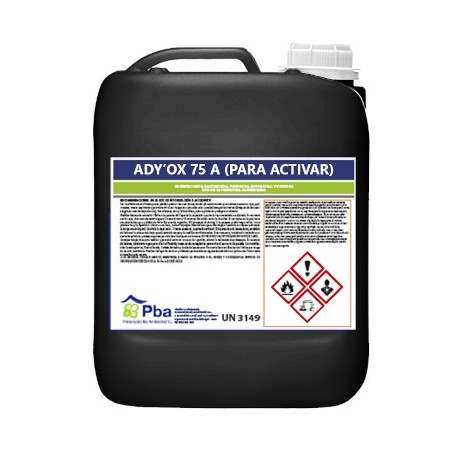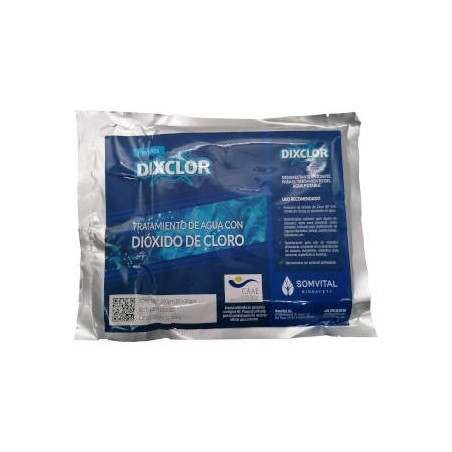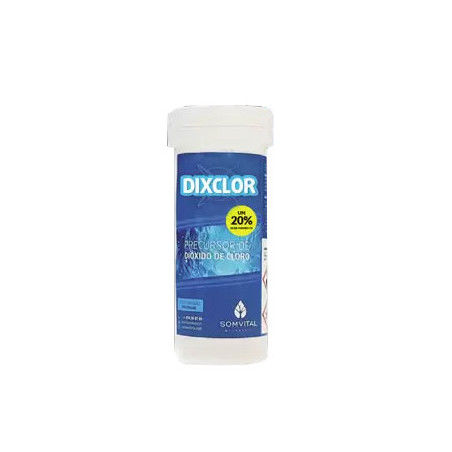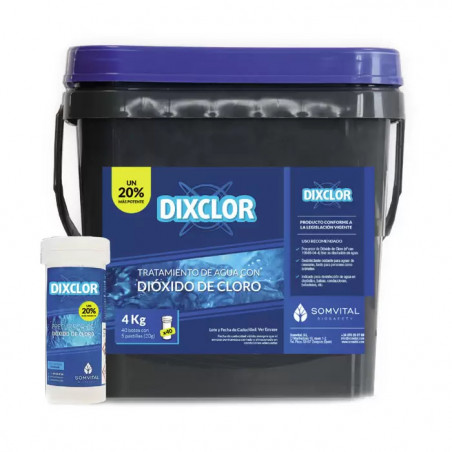A total of 294 pigs (Yorkshire x [Yorkshire x Landrace] and Duroc x [Yorkshire x Landrace]; initially 6.2 kg BW) were used to determine: 1) if ClO2 in the drinking water improves growth performance of from 3 to 9 wk of age; 2) if exposure to ClO2 in the drinking water is potentially toxic; and 3) if finishing growth performance is affected by the inclusion of ClO2 in nursery drinking water. At weaning, pigs were blocked by wt and allotted by litter and sex to the 3 experimental treatments: 1) control, 2) ClO2 in drinking water at 25 mg/L, or 3) antimicrobial (carbadox) in the diet at 55 ppm. Pharmacological dietary concentrations of Cu and Zn were not used. Twenty-one pens and 7 pigs per pen were used in each of 2 replicates. Blood was collected by vena puncture from 3 randomly-selected pigs/pen on d 0 and 42 of the treatment period, and from 12 randomly-selected pigs per treatment group 30 d post-nursery treatment, for determination of hemoglobin and thyroid hormone concentrations, and red blood cell glutathione peroxidase (GSH-Px) activity. After the nursery treatment period, pigs were mixed, moved to grow-finish rooms, and reared similarly until marketing.
During the 42-d nursery period, there were no differences in ADG, ADFI or F:G between treatments, overall or in any of the 4 dietary phases (4, 7, 14, and 17 d, respectively). Hemoglobin concentration, GSH-Px activity, and total thyroxine, total triiodothyronine, free thyroxine, and free triiodothyronine concentrations did not differ among treatments at any sampling time. Pigs receiving ClO2 or carbadox in the nursery were heavier than control pigs after 91 d of the finishing period (P < 0.01; 96.8, 97.0 and 92.4 kg, respectively). In the nursery, growth of pigs was unaffected by the inclusion of ClO2 in drinking water and there was no hematological evidence of toxicity.

However, results suggest that treating nursery drinking water with ClO2 may improve growth of pigs later during the finishing period.
KC Turner, JE Link, SJ Bursian, GM Hill, BE Straw, BS Gay and DW Rozeboom. The effect of chlorine dioxide (ClO2) in drinking water on the growth of pigs. 2011. Journal of Animal Science, 89(2):135.








